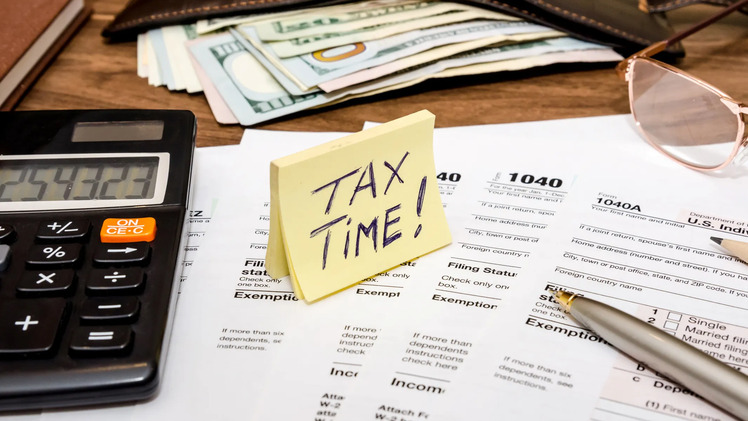Tax season can be a stressful time for many people. The rush to gather documents, complete forms, and meet deadlines can sometimes lead to filing taxes late. However, if you don’t owe any taxes, you might wonder if it’s a big deal to file your taxes after the deadline has passed. In this article, we’ll explore what happens when you file your taxes late but don’t owe anything to the IRS.
Late Filing vs. Late Payment:
It’s important to distinguish between filing your taxes late and paying your taxes late. These are two separate aspects of tax compliance, and the consequences for each can vary.
Late Filing: This refers to not submitting your tax return to the Internal Revenue Service (IRS) by the established deadline. Late filing can result in penalties and interest charges, even if you don’t owe any taxes.
Late Payment: This occurs when you owe taxes but don’t make the payment by the due date. Late payment can also lead to penalties and interest charges.
What Happens When You File Late with No Owed Taxes:
If you file your taxes late, but you don’t owe any taxes to the IRS, you might not face any financial penalties, as there are no late-payment penalties when there’s no outstanding tax liability. However, there are still some important considerations to keep in mind:
Refunds: If you’re eligible for a tax refund, you won’t be penalized for filing late. The IRS doesn’t impose penalties for filing late when you have a refund coming your way. However, it’s essential to file your return within three years of the original due date to claim your refund.
Extensions: If you know you won’t be able to file your taxes by the deadline, you can request an extension. An extension gives you additional time to file your return without incurring penalties, as long as you meet the extension request deadline. While extensions are granted for filing, they do not extend the time for payment if you owe taxes.
No Penalties, But Keep Records: Filing late with no owed taxes doesn’t result in financial penalties, but it’s still advisable to maintain records of your financial transactions and tax returns. Accurate record-keeping can be crucial for future reference and can help you in the event of an audit or if questions arise regarding your tax history.
Why Filing on Time Is Beneficial:
While there may not be financial penalties for filing your taxes late when you don’t owe anything, there are several reasons why it’s generally advisable to file on time
Timely Refunds: If you are due a refund, filing on time ensures you receive your refund promptly. Delays in filing could lead to a delay in receiving your funds.
Avoiding Penalties in the Future: Your financial circumstances may change in the future. It’s best to establish good tax-filing habits to avoid penalties if you ever do owe taxes.
Peace of Mind: Filing your taxes on time provides peace of mind and eliminates the stress of wondering whether you’ll incur late filing penalties.
Documentation for Future Transactions: Having up-to-date tax records can be valuable for various purposes, such as applying for loans, mortgages, or making significant financial transactions.
In conclusion, filing your taxes late when you don’t owe any money to the IRS doesn’t typically result in financial penalties. However, it’s advisable to file on time to receive timely refunds, establish good tax-filing habits, and maintain accurate records. If you’re unable to meet the deadline, consider requesting an extension to ensure your return is submitted in a timely manner. Keep in mind that maintaining compliance with tax regulations and deadlines is essential for a hassle-free and financially responsible tax experience.


